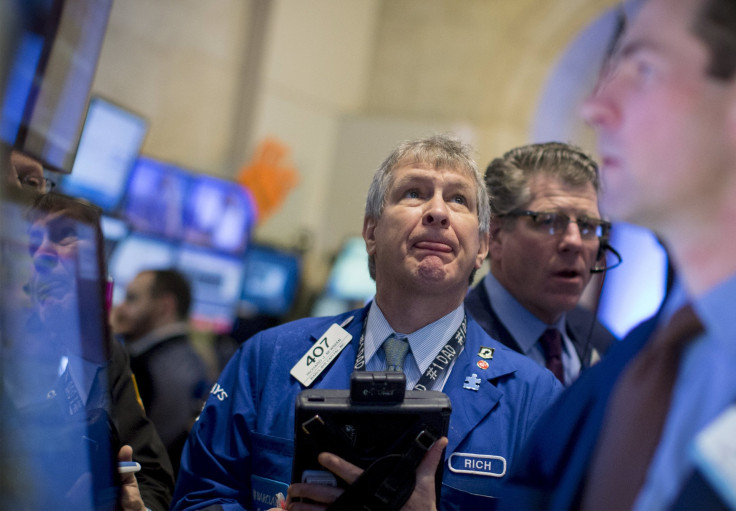Dow Jones Industrial Average Edges Higher Ahead Of US Jobs Report

U.S. stocks closed higher Thursday, snapping two consecutive sessions of losses, as economists look ahead to Friday’s all-important jobs report for March.
The Dow Jones Industrial Average (INDEXDJX:.DJI) added 65.06 points, or 0.37 percent, to close at 17,763.24. The Standard & Poor's 500 (INDEXNASDAQ:.IXIC) added 7.27 points, or 0.35 percent, to end at 2,066.96. The Nasdaq composite (INDEXSP:.INX) rose 6.71 points, or 0.14 percent, to finish at 4,886.94.
The U.S. financial markets will be closed for the Good Friday holiday.
For the week, the Dow added 53 points, or 0.3 percent, and the S&P 500 edged up 6 points, or 0.31 percent. Meanwhile, the Nasdaq dipped 4 points, or 0.08 percent.
Economists are turning their attention to Friday's U.S. nonfarm payrolls report for March. The report is expected to show that employers added 245,000 jobs in March, down from 295,000 in February, according to analysts polled by Thomson Reuters. The unemployment rate is expected to remain unchanged from February, at 5.5 percent. Average hourly earnings are forecast to increase 0.2 percent, and hours worked are expected to hold steady at 34.6 per week.
The U.S. employment report follows a series of disappointing economic indicators this week, which showed fewer jobs were created in the private sector last month. However, a stronger-than-expected report could also trigger a sell-off in the U.S. equity market early next week, as a solid report could turn up pressure on the Federal Reserve to increase interest rates sooner than expected.
“I’ve never seen so much anxiety and nervousness about an event like the Fed hiking rates. Investors are focused on this because the Fed hasn’t raised rates in so long,” said Jeff Kravetz, regional investment director at U.S. Bank Wealth Management.
The Fed has held rates at historic lows since the financial crisis in 2008, helping the economy emerge from recession. The central bank has signaled recently that it could begin raising interest rates in mid-2015.
Oil prices plunged more than 4 percent Thursday, after the U.S. and other world powers announced a preliminary agreement on Iran's nuclear program, which would remove Western sanctions against Tehran. The move renewed concerns that new Iranian oil exports would add to a global market already facing oversupply.
Brent crude, the benchmark for global oil prices, dropped 4.3 percent to $55.10 a barrel, for May 15 delivery, on the London ICE Futures Exchange. West Texas Intermediate crude, the benchmark for U.S. oil prices, lost 2.6 percent Wednesday to $48.77 a barrel, for May 15 delivery, on the New York Mercantile Exchange.
© Copyright IBTimes 2024. All rights reserved.












